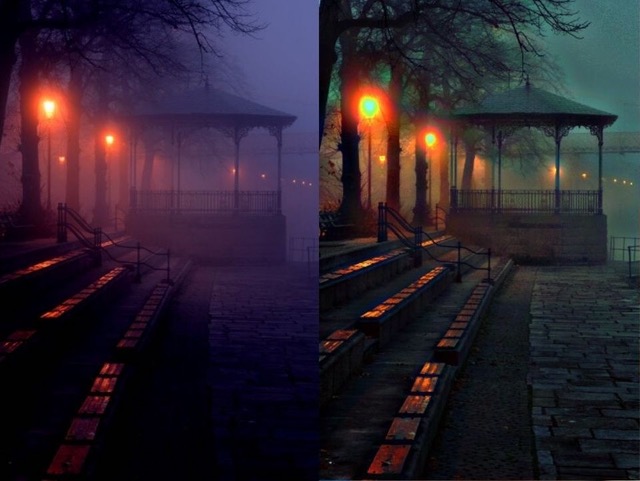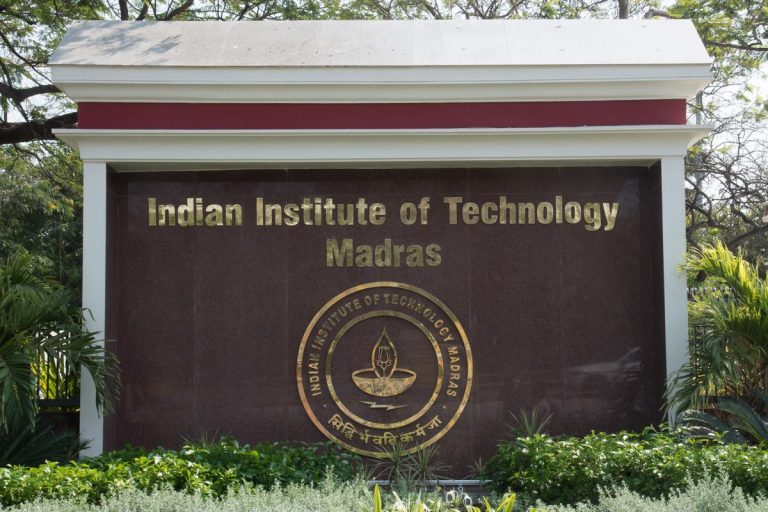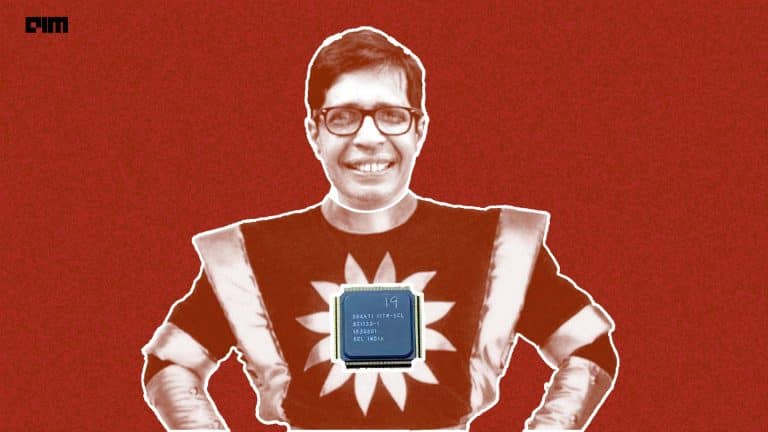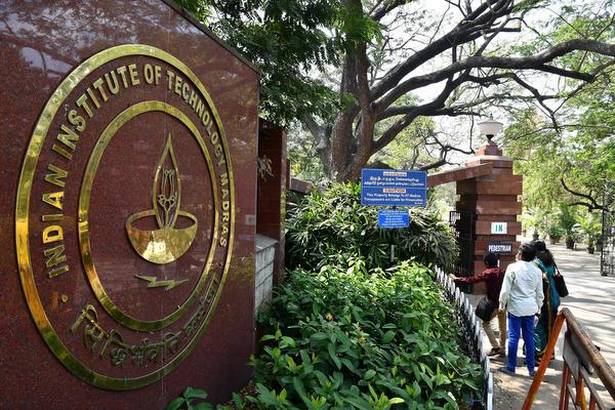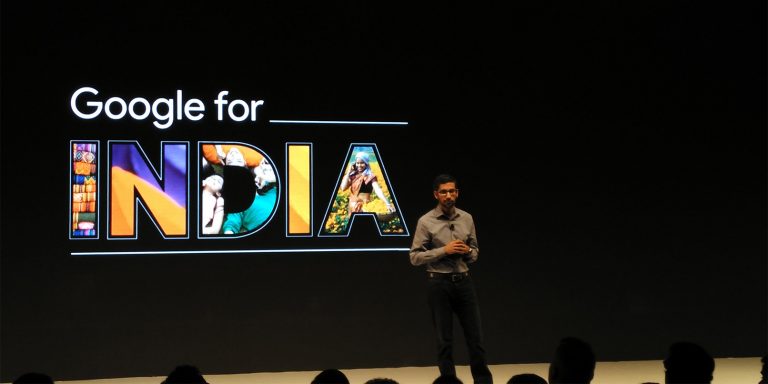Researchers at Indian Institute of Technology Madras have developed enhanced image processing techniques that can drastically reduce the impact of haze on images captured by surveillance cameras. This development can prove crucial in helping law enforcement agencies solve crimes.
The researchers are also hopeful that it might help the developments in the self-driving and autonomous vehicles industry which requires high-quality images taken by cameras for efficient and safe navigation, especially in urban areas.
The installation of CCTV cameras have seen a dramatic increase in its usage over the years, but despite that in many cases, it fails to generate enough evidence, especially if it is foggy or hazy. The visibility of the camera may go down drastically, rendering it difficult to take a clear picture or to capture a clear video of a scene.
The IIT-Madras research team led by Prof. A.N. Rajagopalan are working on increasing the visibility of images degraded by haze, using computational photography and image processing. The researchers believe that this approach can prove useful in winters or in mountainous regions.
“Most computer vision applications, including surveillance, terrain classification and autonomous navigation, among others, require high-quality pictures and haze can severely undermine performance. ‘Image de-hazing’ is beneficial even in personal and public transportation systems. Reducing the effect of haze is a very challenging problem, more so when only a single observation of the scene is available,” said Prof. A.N. Rajagopalan.
How does it work?
The haziness is produced when the recorded image fails to reveal the original colour contrast and brightness as recorded in the scene. The medium between the object and the camera can decrease the amount of light which reaches the camera. The particles in the atmospheric medium reflect ambient light which gets added to the directly transmitted component to produce a hazy effect in the captured image.
When there is haze or fog in the air, the suspended particles block the reflected light causing a shift in colours and poor contrast.
Researchers are addressing this by correcting specific aspects responsible for haziness in an image viz. the decrease in intensity of light and change in image colour due to haze. The research was based on the fact that if an image is considered as consisting of several local patches, then the similarity with the neighbouring patches must relate to the similarity in the depth of the image as well. In case there are abrupt changes in patch similarity then it will typically imply changes in the depth information too.
The researchers computed the parameter corresponding to the haze component using a non-local mean of patches which show abrupt changes. Using a similar approach, the research team was also able to handle haziness in images taken in night-time or even underwater.


